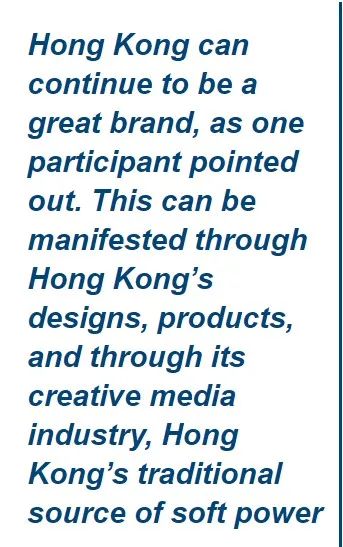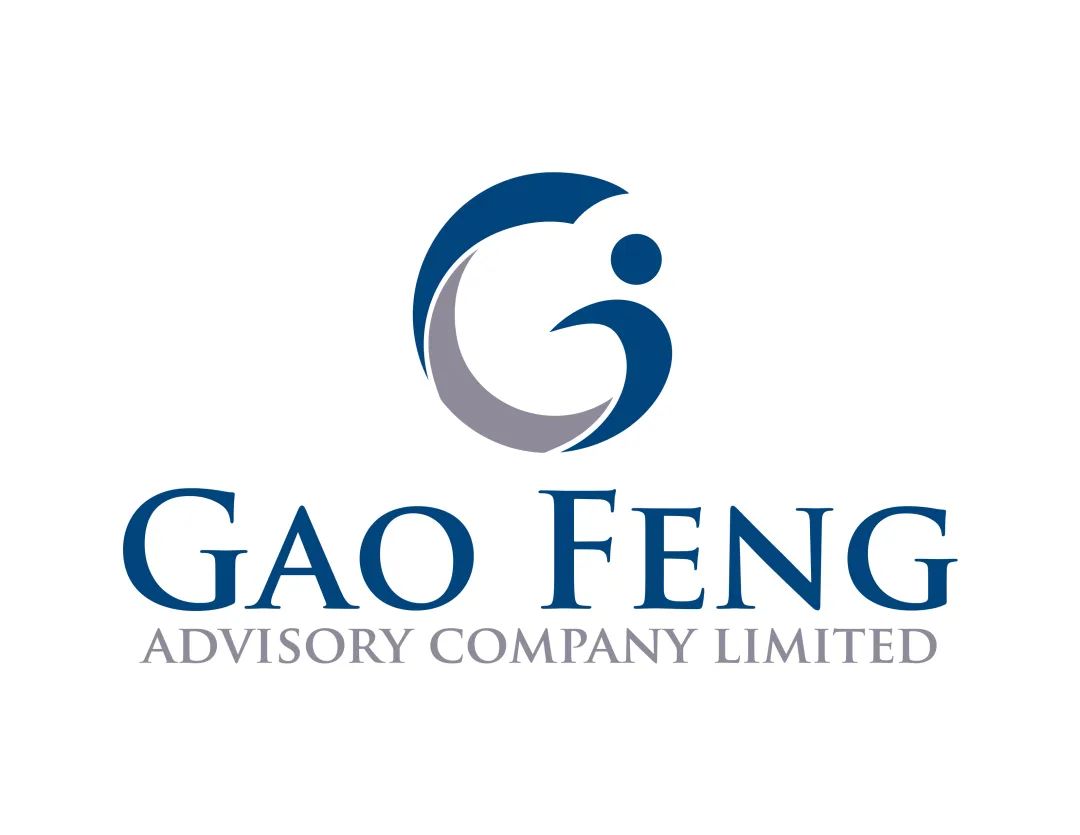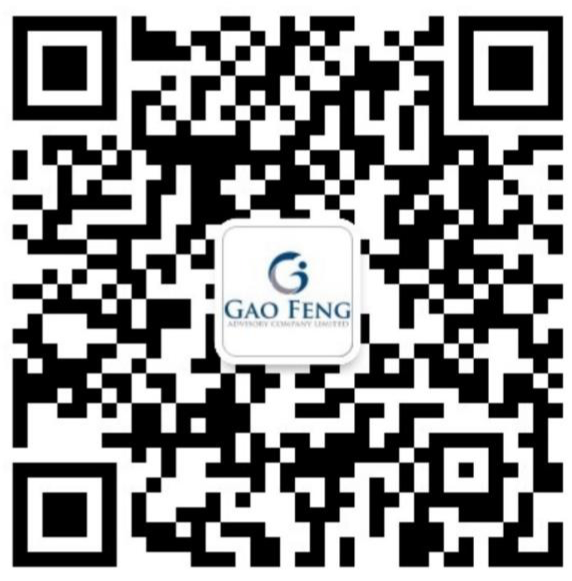China Daily | HKSAR should embrace change for development
A recent article authored by Gao Feng Advisory Company's Dr. Edward Tse was published by China Daily on 6th December 2024.

The social unrest in 2019, the three-year COVID-19 pandemic thereafter plus the drastic changes in global geopolitics have had a major impact on the economy of Hong Kong. On Dec 2, Paul Chan Mo-po, Hong Kong’s financial secretary, said the special administrative region’s budget deficit is likely to exceed HK$100 billion ($12.85 billion), a historic high.
How can Hong Kong revitalize its economy and strengthen its resilience?
On Dec 3, I joined an event organized by China Daily Hong Kong and had the privilege to moderate a discussion between 15 distinguished participants. These guests were some of Hong Kong’s elites from industries such as finance, technology, healthcare, property, and the media, and also from the academic community and the public sector. There were lots of great inputs and discussions.
The dialogue started with the participants’ recounting of Hong Kong’s traditional advantages: the use of both English and Chinese and the well-established rules and laws.
A couple of guests mentioned the importance of the size of Hong Kong’s population. Compared with Singapore and several major cities in the Chinese mainland, Hong Kong’s population has not grown much over the last decade. For Hong Kong to be relevant, one participant suggested that it should increase its population to at least 10 million, which is now reckoned to be the minimum size for a great city. Hong Kong should increase its assimilation into the Chinese mainland especially through the northern part of the city. This would help Hong Kong companies take advantage of the vast market on the mainland and the interactivity between the two.
Technology and innovation has now become a major topic in many group gatherings in Hong Kong. Our meeting was no exception. This was not the case even some five years ago. Many participants talked about the importance of innovation for Hong Kong. Of course, different participants adopted different angles based on the sectors with which they are most familiar.
The most prevalent topics in this regard include the supply chain, digital technology and artificial intelligence. In the minds of many, these are areas in which Hong Kong can do well. I agree, and Hong Kong can leverage its capabilities to build this up and play the role of a bridge to the rest of the world.
The supply chain, in my view, presents a substantial opportunity. As China is driving the development of the next-generation supply chain that will combine digital technology, blockchain, and over time, the increasing involvement of fintech and the digital currency, China will be able to piggyback on its already strong position in manufacturing to create stronger linkages with the rest of the world. Hong Kong can take a crucial position being the lynchpin between the mainland and the rest of the world.
Several participants also mentioned the importance of innovation in the finance sector, Hong Kong’s traditional stronghold together with the property sector.
Hong Kong can continue to be a great brand, as one participant pointed out. This can be manifested through Hong Kong’s designs, products, and through its creative media industry, Hong Kong’s traditional source of soft power.
Hong Kong can continue to be a great brand, as one participant pointed out. This can be manifested through Hong Kong’s designs, products, and through its creative media industry, Hong Kong’s traditional source of soft power.

While people in Hong Kong have historically viewed the West as its important counterpart in terms of investment and trade, one participant suggested that the city should now also view the Global South as an important investment and trading partner too. The Middle East, in particular, was mentioned as a key destination for more cooperation. And one participant pointed out that Hong Kong should not forget about many of the countries in the Commonwealth, as these countries also speak English and have similar systems to those of Hong Kong. In a way, there are a lot of overlaps between the Global South and Commonwealth countries.
The notion of Hong Kong being the superconnector was mentioned quite a number of times during the discussion. But the nature of it has evolved as the mainland’s role vis-a-vis the rest of the world has evolved; China is no longer simply an exporter of goods. It has become an exporter of capital, technology and knowledge. China is also increasingly setting standards for products, technology and business models. As such, the role of Hong Kong as a superconnector is also evolving. Its role has expanded, requiring more capabilities from Hong Kong, but this also brings more opportunities.
As the world is being driven by two major forces, one trying to connect the world through more connectivity and collaboration, the other trying to divide the world through notions such as decoupling, derisking and “small yards, high fence”, people in Hong Kong need to be much more cognizant of what’s happening in the world and its impact on the mainland and Hong Kong.
To this end, while Hong Kong needs to continue to integrate into the mainland’s overall development, especially with the Guangdong-Hong Kong Macao Greater Bay Area, it also needs to maintain intimate connectivity with the rest of the world. As global geopolitics is becoming more complicated and situations of “one world, two systems” increasingly arise, Hong Kong’s role as a superconnector in this new world will become even more crucial, but will also require a much more sophisticated approach.
One challenging area concerns national security and, within that, data security. One participant highlighted the important need to find suitable ways to handle cross-border data security.
Clearly, the bedrock of all the above is the principle of “one country, two systems”. Hong Kong people’s interpretation of what this means has evolved over time. My sense is that today, most of Hong Kong’s elites already realize that “one country” is of overarching importance, while “two systems” provides Hong Kong with the flexibility, capacity and capabilities to unleash its potential.
One participant said that Hong Kong people used to be “street smart” and to look for ways to make money with a minimum of effort. It’s true that Hong Kong people are deal-driven and many have created wealth through this mentality and approach. However, times have changed. Today, Hong Kong people need to view things in a much more strategic manner. Street smartness is no longer sufficient to keep up with the mainland and the rest of the world. Fortunately, I have found increasingly that Hong Kong’s elites are taking a more strategic view on issues, thanks to the city’s increasing interactions with the mainland, where strategic planning is embedded in its government and business culture and practices.
If there is one word that can summarize what was discussed at the China Daily Hong Kong event, that word is “change”. In everyone’s discussions, I heard the need for Hong Kong to change. While some were more critical of Hong Kong, many were very hopeful. Everyone, I feel, really cares about Hong Kong, our home.
While narratives such as “Hong Kong is over” have been going round, I didn’t get that sense from those at our event. Hong Kong has plenty of challenges and we must work on addressing them with honesty, capability and collaboration.
I want to thank China Daily Hong Kong for inviting me to moderate this thought-provoking discussion. I learned a great deal and, importantly, I sensed a strong desire from those who joined to make Hong Kong a better place. To me, that is the strongest source of Hong Kong’s resilience.
The author is founder and CEO of Gao Feng Advisory Company, a strategy and management consulting firm with roots in China. The views do not necessarily reflect those of China Daily.


Gao Feng Advisory
Gao Feng Advisory Company is a professional strategy and management consulting as well as investment advisory firm with roots in China coupled with global vision, capabilities, and a broad resources network
Wechat Official Account:Gaofengadv
Shanghai Office
Tel: +86 021-63339611
Fax: +86 021-63267808
Hong Kong Office
Tel: +852 39598856
Fax: +852 25883499
Beijing Office
Tel: +86 010-84418422
Fax: +86 010-84418423
E-Mail: info@gaofengadv.com
Website: www.gaofengadv.com
Weibo: 高风咨询公司
